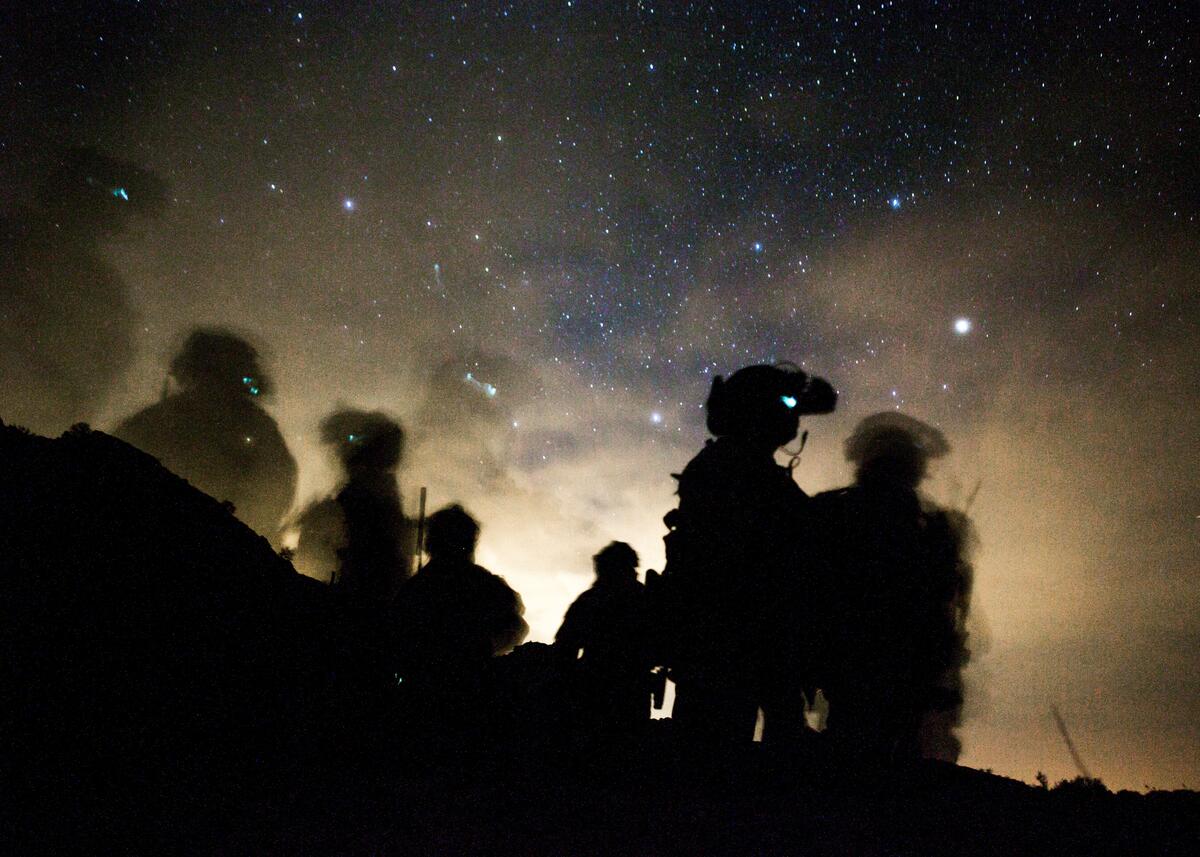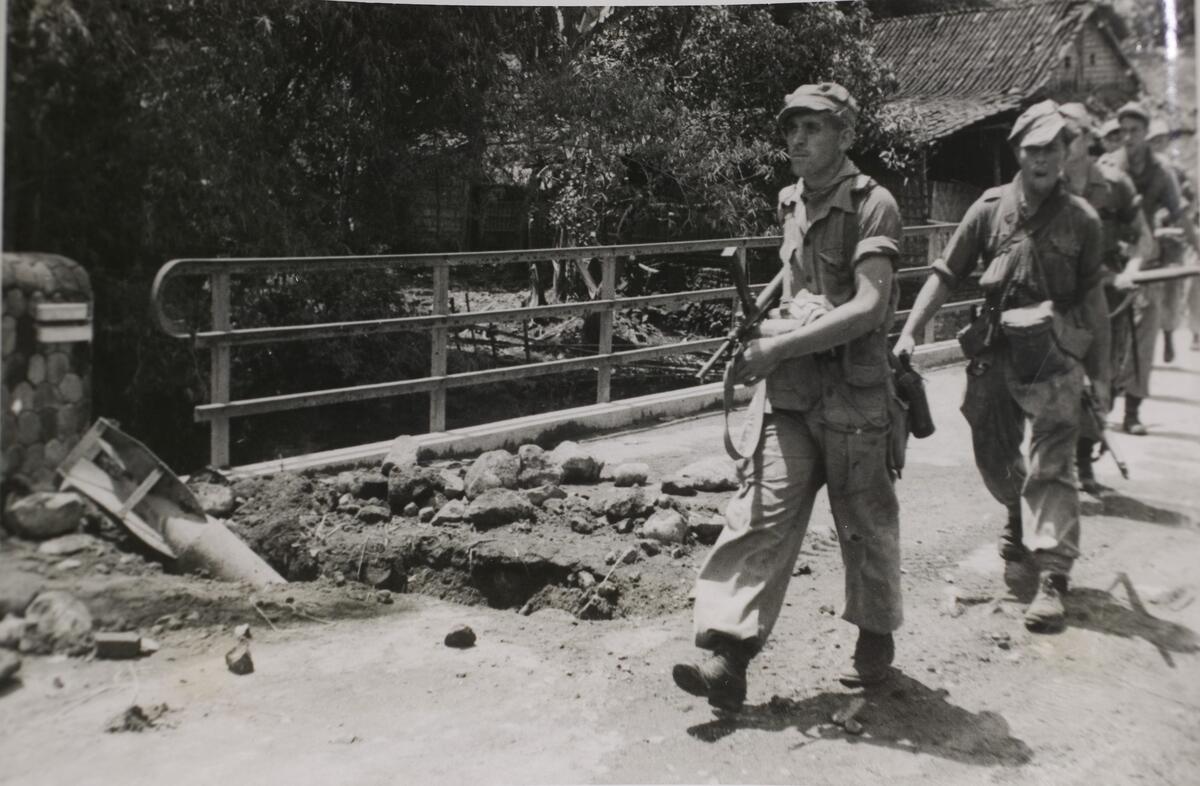On the nature of Western special operations and the forces that conduct them
During the last two decades the operational environment for Western armed forces has been dominated by the global war on terror and irregular warfare.[1] Both modes of conflict are strongly associated with unorthodox units and tactics resulting in special operations forces occupying, or at least sharing, the main stage.[2] Despite their recent prominence, there remains a limited grasp on the conceptual nature of special operations and the associated forces.[3] Because such a limited grasp invites misuse of special operations forces by policy makers and military commanders, a thorough conceptual exploration of special operations is warranted.

This article is divided in four parts. Firstly, a brief history of Western special operations is presented focussing on trends to highlight the various manifestations, or characteristics, of special operations in recent history. Secondly, contemporary definitions found within doctrinal and academic literature on special operations are analysed. Thirdly, the special operations value proposition is studied by examining theory on the nature of special operations in conjunction with its strategic-value ratio. Lastly, the discussed elements will be used to synthesise an enduring theory of special operations grounded in its timeless nature and thus distinct from contextual manifestations. This theory is meant to act as a guideline for Western special operations and the forces associated with them.[4]
A short history (of modern Western special operations)[5]
The contemporarily prevailing understanding of special operations and its forces is rooted within World War II.[6] This does not imply that there were no special operations or forces conducting them before this time. Warfare has been a staple of human society and as such, unorthodox or special modes of warfare have been around for ages.[7] Current Western special operations organisations, however, mostly trace their history to units created during World War II. Most prominent amongst these units were the (British) Commandos, the Special Air Service, the Rangers, the First Special Service Force, the Jedburghs, the Special Operations Executive, and the Office of Strategic Services Special Operations (OSS-SO) in the European theatre and the Marine Raiders, Navy Frogmen, and OSS – SO in the Pacific theatre.[8] British Prime Minister Winston Churchill was a strong proponent of special operations hoping they would ‘set Europe ablaze’ through conducting large raids and organising resistance forces behind enemy lines. By frustrating Axis Powers in this way, he sought to reclaim some initiative. Especially when the Allies were on their backfoot during the early 1940s, designing units for this goal was considered a low-cost and therefore attractive option.[9]
At the American side, President Franklin D. Roosevelt was similarly enthusiastic about what special operations were purportedly able to achieve with relatively few means. He was mostly inspired by his son who was a captain at that time and had convinced his father about the need to create special units, much to the chagrin of senior normal operations forces commanders.[10] Such commanders were wary of creating special units because they tended to siphon away capable personnel.[11] This results in the most common grievance of normal operations forces against special operations forces: the notion that the draining of good personnel to special operations forces creates more pains than gains on the whole.[12] The argument here is that the strategic gains that special operations forces can achieve do not weigh up against the loss in strategic gains consequential to normal operations forces losing good personnel. Historical analysis has shown that this claim is not without merit.[13] There were multiple reasons for this lack of special operations efficacy during World War II, ranging from poor choices by commanding officers who lacked understanding of the strengths and weaknesses of special operations forces to the fact that the war itself, especially during the second half, was ill suited for small and lightly armed elements.[14]
Following World War II, most of the special operations forces units conceived and stood up during this conflict were disbanded. Firstly, because there was no peacetime task for them and secondly, because they were not institutionalised within the armed forces. Consequently, when they lost political support because of a lack of interest in their capabilities, normal operations forces quickly ensured special operations forces were put in obscurity, assimilated, or filtered out of the system.[15]
